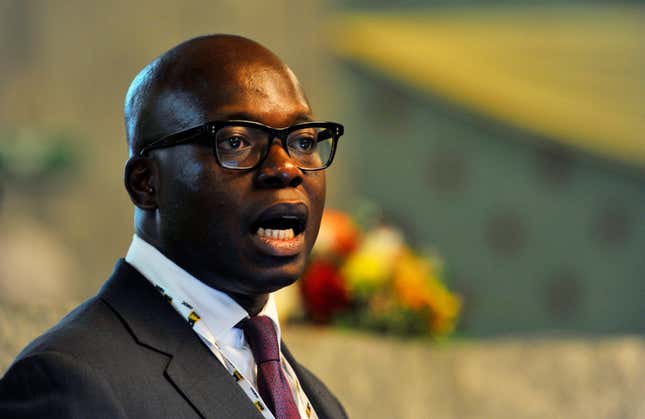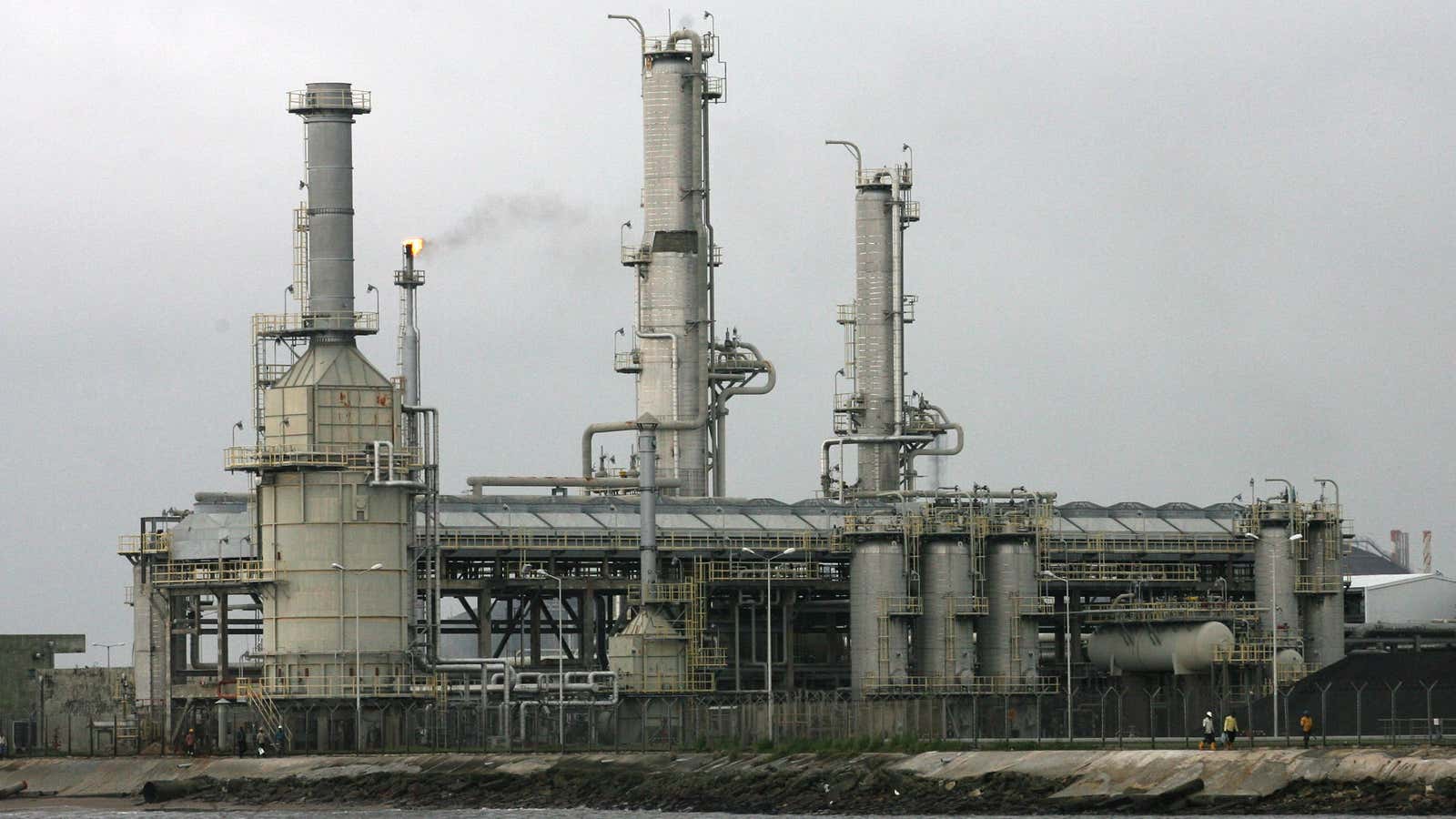Nigerian oil firm, Oando kept investors waiting for nearly a year to reveal its 2014 financial results— with good reason.
The once high-flying oil and gas company posted losses totaling $1.1 billion for 2014 and the first six months of 2015 together. The $923 million loss racked up for the 12 months to December 31, 2014 is a record in Nigeria’s corporate history outside of distressed local banks after the global credit crisis in the last decade. In the first six months of this year, the company’s losses topped $175 million.
The company’s troubles stem from its ambitious growth strategy moving from just being a successful marketer and distributor of oil products into the more capital-intensive oil exploratory upstream services, such as the $1.5 billion acquisition of upstream assets from ConocoPhillips. But it made most of its big moves just before world oil prices tumbled from highs of over $100 to around $40 now. This has meant several of its investments in exploratory and production assets have been written down by “billions of dollars” leading to large losses.
Despite the long delay to releasing its 2014 results, Oando gave investors no advance warning of the magnitude of its losses as is typical. The company said the delay was to avoid ‘inconsistencies’ as it reconciled its books and apologized for the delay.

Chief executive, Wale Tinubu said the business would go through a period of ‘prudent consolidation’. In a teleconference with investors he sought to allay fears of long-term financial damage, “the company is well positioned to return to profitability within a short period of time.”
Lagos -based economist Tunji Andrews of TTAC Africa, said despite the drop in oil prices, Oando was not “fully prepared” to enter the exploratory business. “They seem to be struggling to come to grips with impairment charges and raising debt,” he told Quartz.
The entire loss cannot be attributed to asset write-downs alone though as Oando’s oil marketing and distirbution business was also hit by foreign exchange losses as the Nigerian naira struggled badly.
